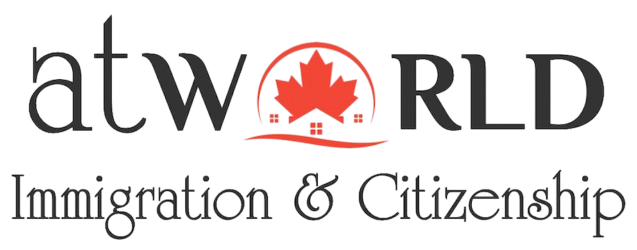

Canada offers excellent options for experts in a variety of professions, students, and skilled laborers. Obtaining the appropriate work visa in Canada is the initial step, regardless of your career interests, which may include export documentation, hospitality, IT, or healthcare. The employer-specific work permit and the open work permit Canada are two well-liked choices. Knowing the differences between them can make selecting the permit that best suits your needs easier. In this blog, we will discuss their features, advantages, and eligibility to assist you in making the best choice.
An open work permit in Canada is a very flexible and versatile option. You can work for virtually any employer in Canada and be free without being tied to one job. This means if you change your mind or wish to switch employers or industries, you do not need to apply for a new permit. This can be very useful when someone considers several possible career choices or would instead not agree to commit to a specific employer.
This permit is ideal for people who do not require complete freedom and flexibility in their work. However, there are exemptions; for instance, employers engaging in prohibited practices are exempt.
Of course, the name itself gives away the fact that an employer-specific work permit is directly related to a specific job with a designated employer. It is also termed a closed work permit. This kind of permit states specific details like:
An employer-specific work permit is a good choice if any of the following applies to you:
This permit provides security and structure, as your job role is clearly defined. However, changing employers or roles typically requires applying for a new permit.
This permit provides security and structure, as your job role is clearly defined. However, changing employers or roles typically requires applying for a new permit.
You have a clear job offer and prefer stability in your career. This is the most popular option among those people engaged in specialized roles or niche industries. Understanding the answer to how types of work permits available in Canada helps to make an informed choice. In addition to these two, other permits in Canada include seasonal work permits and study-related permits to work.
Depending on the category of permit, the process varies:
Keep track of processing times to plan your move accordingly.
Canada is known for its open workplace, quality of life, and many jobs. By working in jobs in export documentation or looking forward to exploring the creative industries, a work permit from Canada opens doors to many opportunities. The proper permit also enables one to contribute towards the growing economy of Canada and gain valuable international experience.
Your career may be impacted by choosing between an employer-specific work permit and an open work permit Canada. Consider your top priorities, such as flexibility, employment security, or working for a particular firm, when selecting the permit that best meets your needs. If you need help with studying or working overseas, try contacting the best abroad study consultancy in Chennai for professional guidance. Start your application when you're prepared to move on to a more promising future in Canada. Do you need help completing your application? Contact ATWorld Immigration right now to simplify the procedure and help you realize your Canadian dream!

Post a Comment